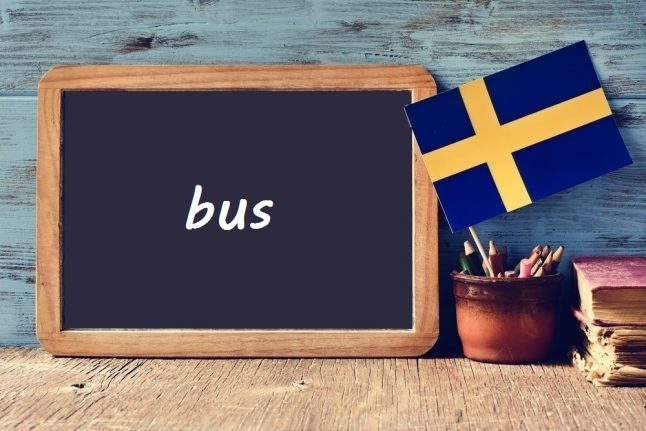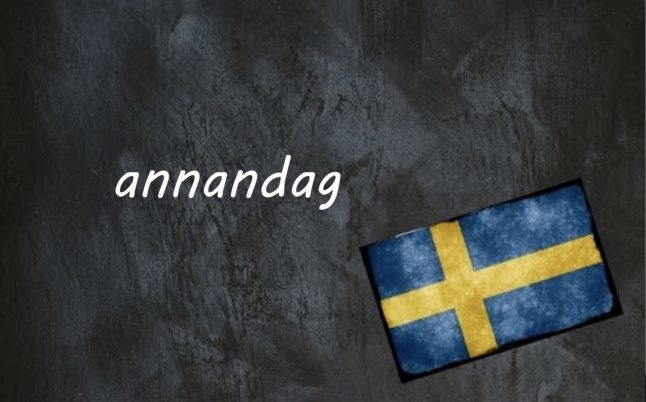Bus means 'prank' or 'mischief' (if you're looking for the Swedish word for 'bus', that's buss with a double 's').
Over Halloween you'll hear it far more than usual, as children dressed in spooky costumes go from door to door asking bus eller godis (trick or treat, although the Swedish literally means 'trick or sweet/candy'). This is a very recent custom in Sweden, which only really started marking Halloween in the 1990s.
Because of this, there's inconsistency in how it's celebrated, so you might receive trick or treaters on October 31st, or on the night before the older Swedish festival Alla helgons dag (All Saints Day), which is always on the Saturday after Halloween.
According to Swedish etiquette website Vett och Etikett, the latter is preferred, and you can remember it by saying bus på fredag, ljus på lördag (trick on the Friday, light on Saturday).
Bus can also be used to refer to 'mischief' or 'trouble' more generally, while busa means 'to make trouble' and busig means 'mischievous'.
Examples
Hej hej, bus eller godis?
Hi, trick or treat?
Han har busiga ögon
He has mischievous eyes



 Please whitelist us to continue reading.
Please whitelist us to continue reading.
My favourite is always sköldpadda! It’s so different from the English word but so cute at the same time